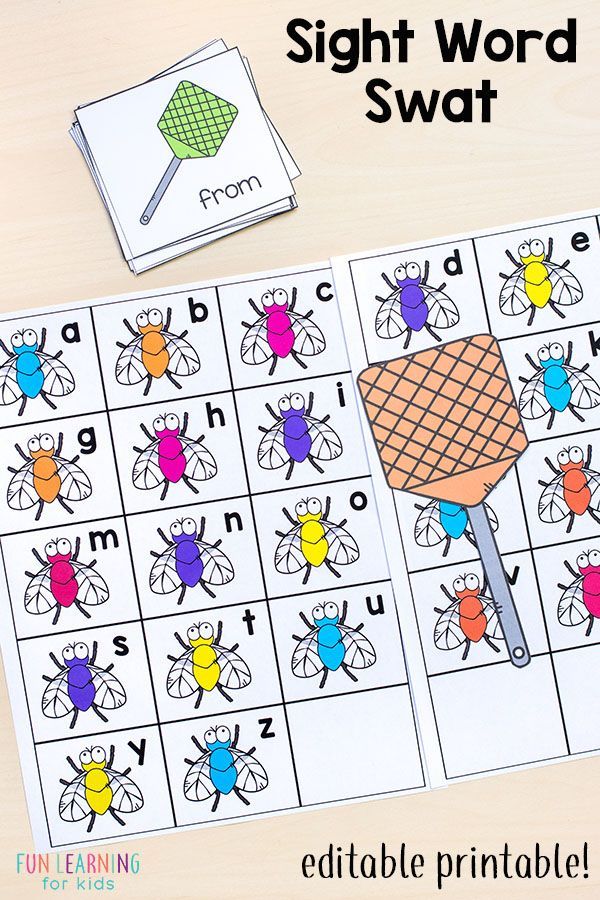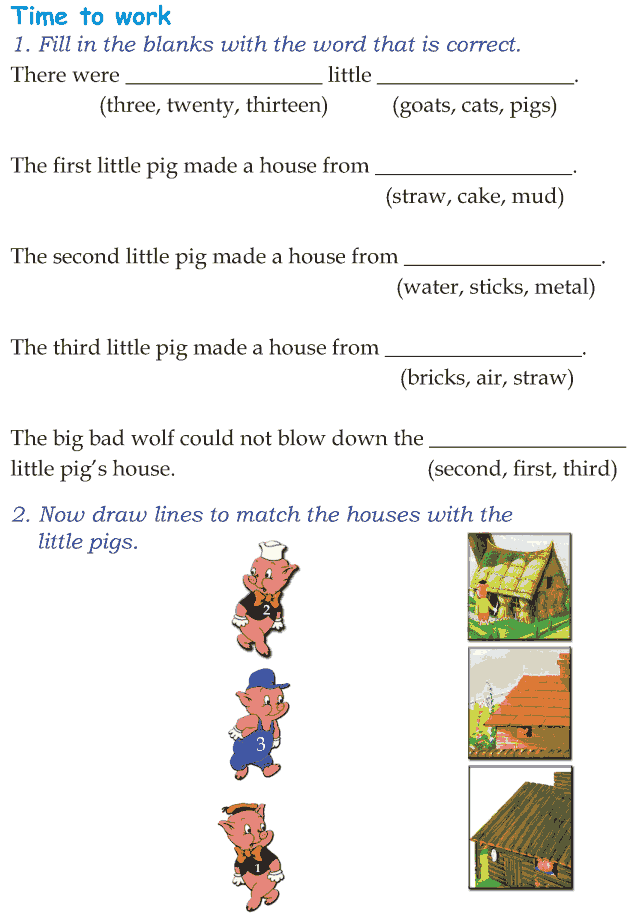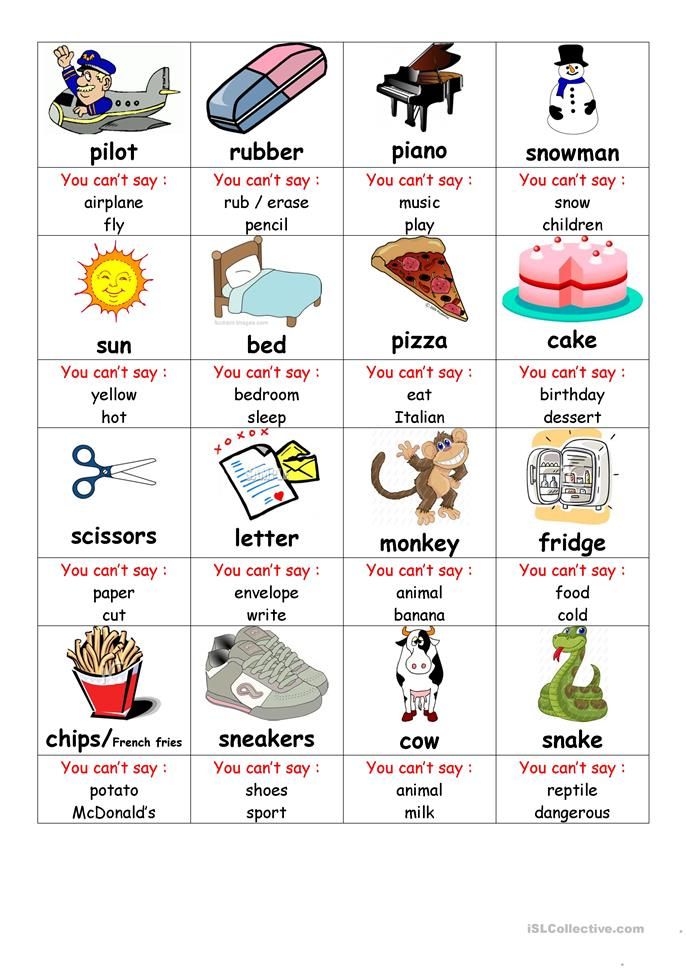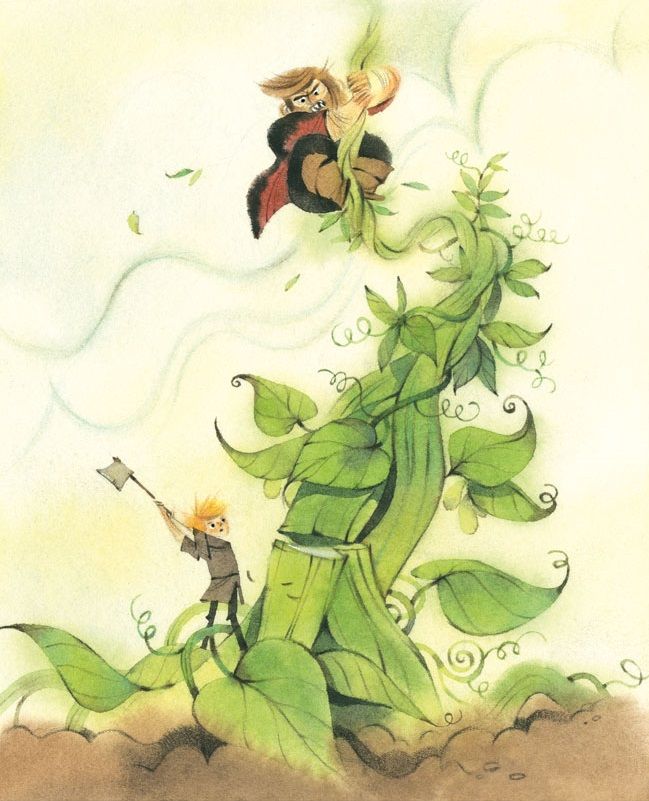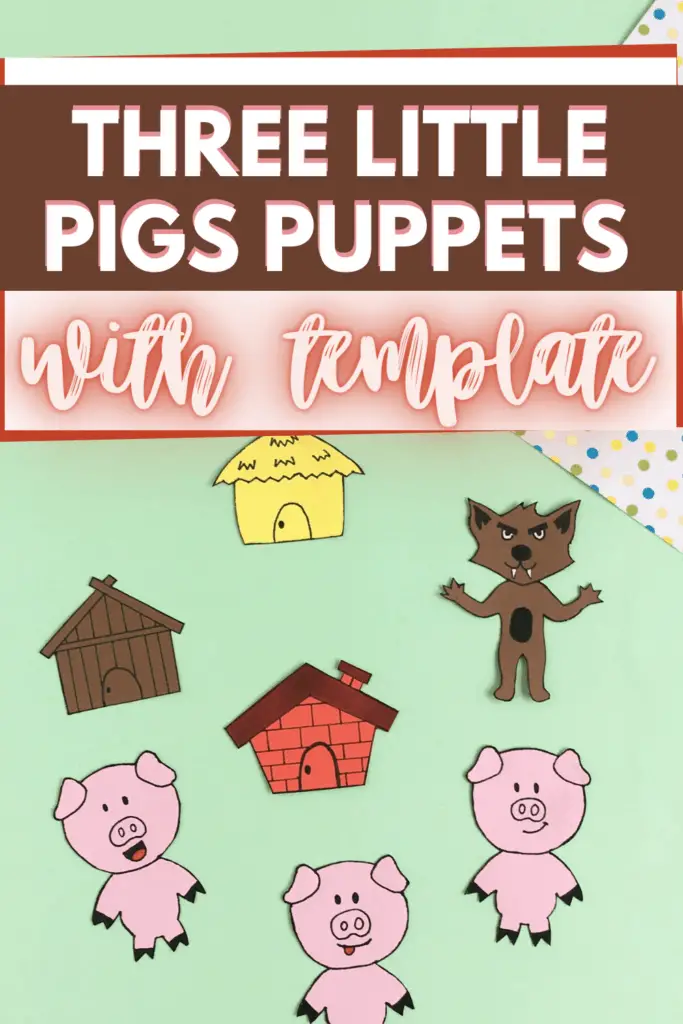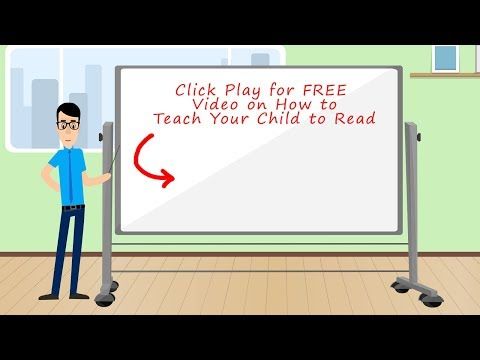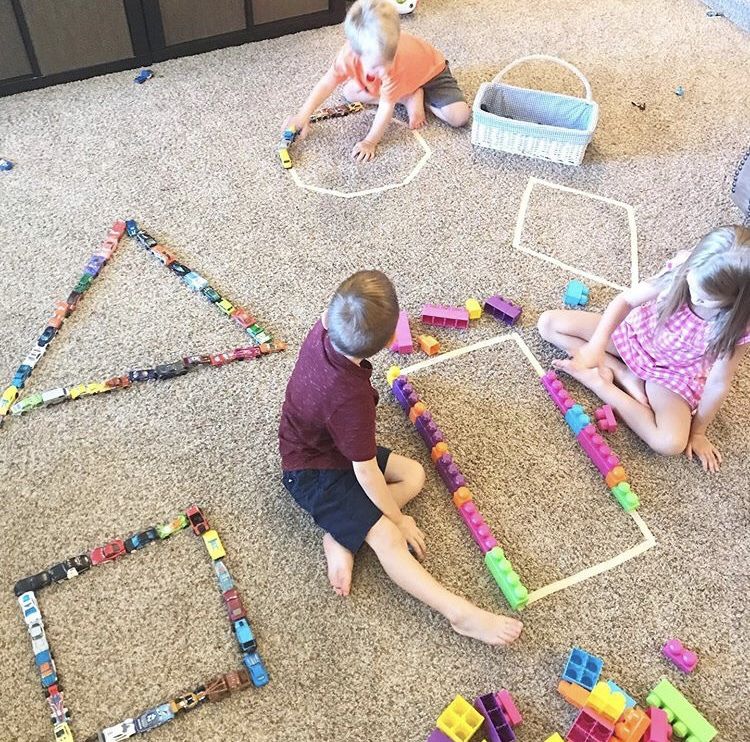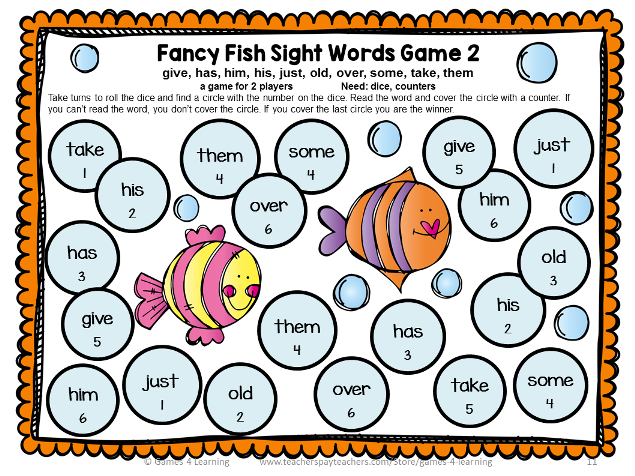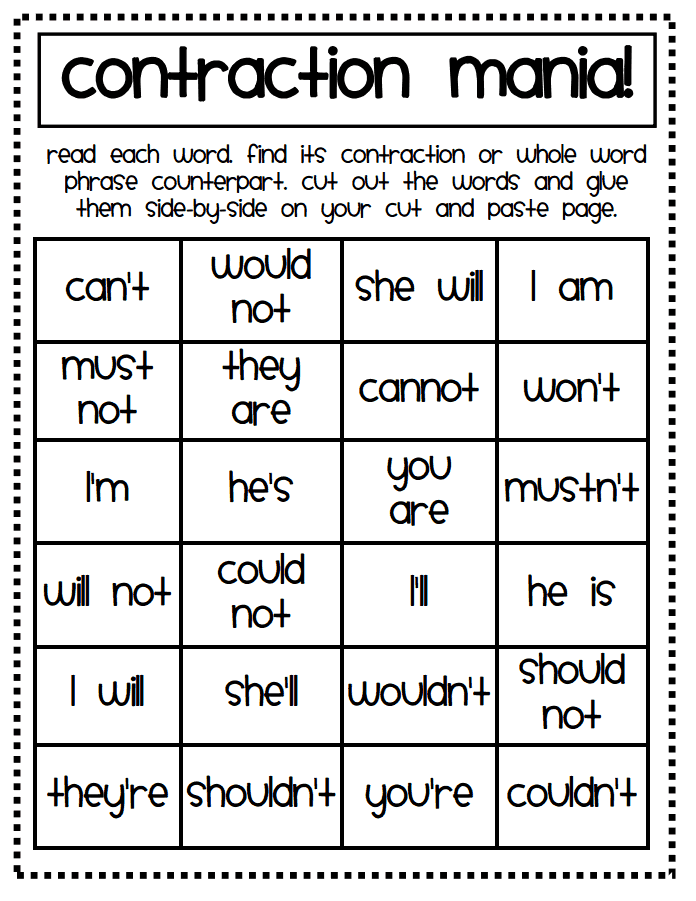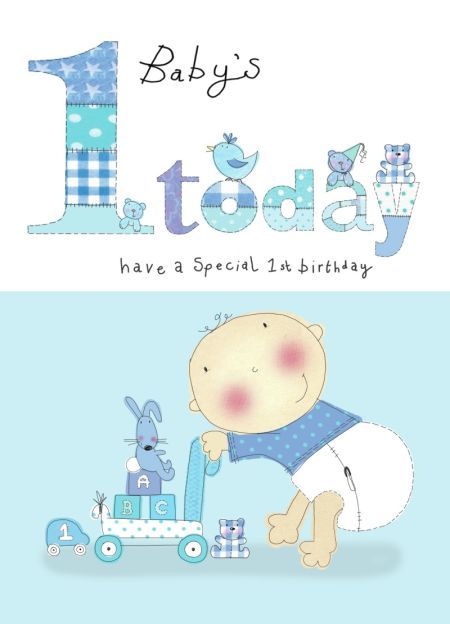Spelling sight word games
10 Interactive Online Games to Teach Sight Words to Beginning Readers
Sight words and high frequency words are an important part of teaching new readers. These words have to be memorized, which means they require a lot of repetition and practice. I love using these online games to teach sight words in my classroom.
Sight word instruction can be really challenging in the classroom because you have a classroom filled with students who learn different things in different ways at different paces. 🥴
It requires so much repetition and practice, yet all of our students need those things in different ways.
I tackle sight word instruction from all sides. We read them in sentences, practice them with music and movement, do art projects, and more!
These 10 online games to teach sight words are FREE and super interactive. [Free as of August 2019] They give students the chance to practice identifying, matching and reading sight words, all while playing fun games.
Note: Did you know there is a difference between sight words and high frequency words? I thought they were the same for the longest time. Knowing their differences has helped me with my instruction. Read more about that here!
Sight Word Bingo
This classic bingo game from abcya.com is a favorite for all of my students. The little amoeba monster at the top says a word, then the student identifies it and clicks it.
This game words great on a computer or on an interactive white board. I have my students take turns at the SmartBoard in my classroom during a center or we do it whole group when we have a minute to spare.
No matter when we use it, it’s a student favorite. 👍🏼
Sight Word Smash
Students love this fun, sight word identification game. The computer says a word. Then they use the pointer to find it and smash it.
I like this game because the word is on more than one block so students get the repetition of seeing and identifying the word multiple times!
Sight Word Memory
There are many, many sight word memory games online but this one is my favorite.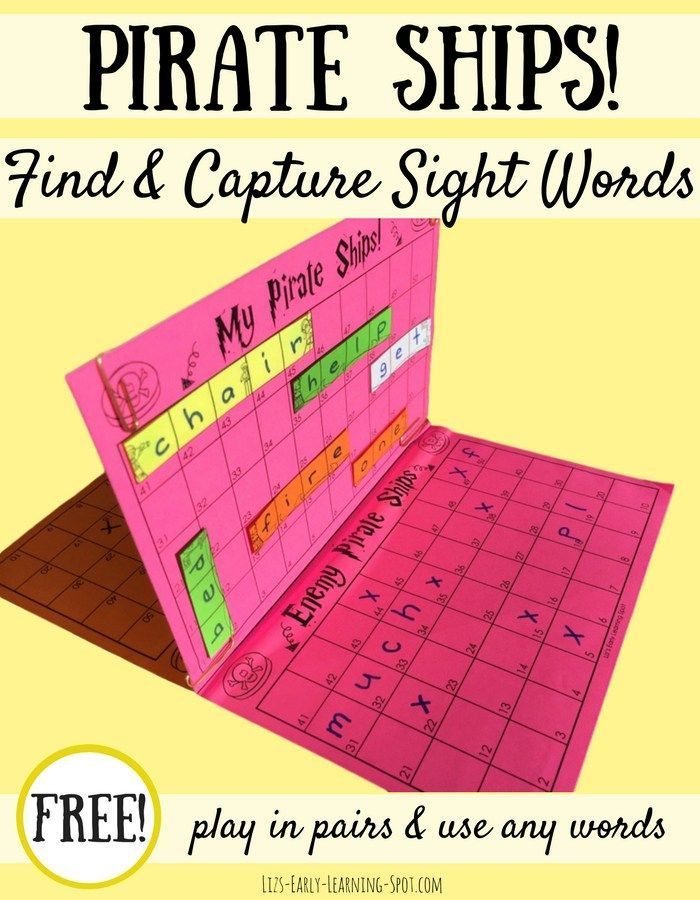 I like that the computer says the word as you flip the card, whether it’s a match or not.
I like that the computer says the word as you flip the card, whether it’s a match or not.
Seeing and hearing a word multiple times is perfect for auditory and visual learners. I also appreciate that when they finish a level, they can keep playing with new words!
Sight Words in Space
Students love this space themed sight word game. A cat says the word they are trying to find. Words float by in power cells and they have to click the right one.
The words are floating up so students have to identify them quickly. Just like in Sight Word Smash, words appear more than one time, too. 👏
Listen & Spell
I absolutely love this Listen & Spell game! We know that readers struggle with sight words because they do not follow phonics rules or because they are too advanced. We also know that students learn to read and write words at the same time.
This game gives them the chance to spell sight words with a limited number of letters at the bottom.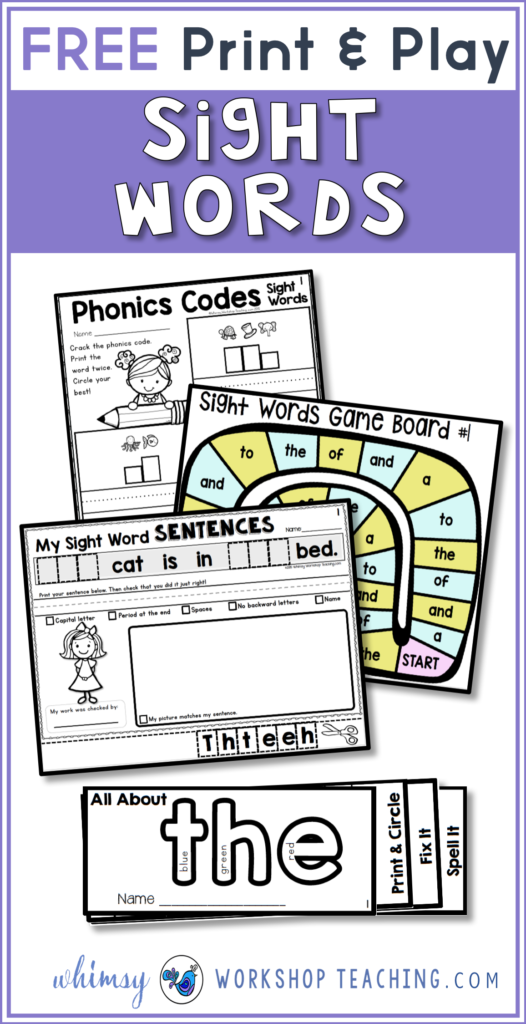 First it says the word, then students use the yellow letters to spell it. The only letters available are letters that are in the word.
First it says the word, then students use the yellow letters to spell it. The only letters available are letters that are in the word.
Playing this game helps students move on from “identifying” to “creating” on Bloom’s Taxonomy, which we know helps make information stick. Students will gain confidence in writing their sight words as well as reading them!
Sight Word Jigsaw
This identification game uses the same concepts as matching, except students are able to see all of the words at one time. They click the sound button on one of the yellow pieces to hear the word they are looking for. Then they find the blue word puzzle piece and drag it over.
I like that this game adds the element of looking at several words to find the correct one. It gives students practice at quickly identifying words by their beginning sounds.
Popcorn Words
Students playing this game are working the popcorn machine at a movie theater. A monkey comes up to the counter and says a sight word.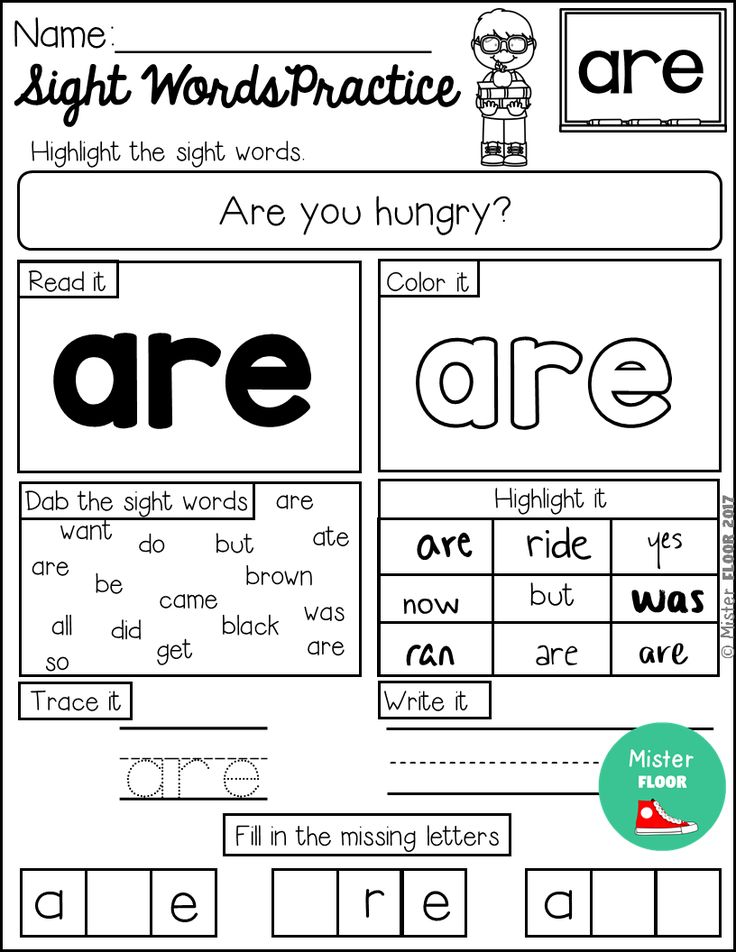 Students click on the correct sight word to give it to the monkey.
Students click on the correct sight word to give it to the monkey.
Once they have handed out 10 popcorn buckets correctly, they get to play a quick in-between game and then are promoted. Their goal is to become the manager. I’m sure it will not surprise you to hear that my students beg to play this game!
Kitten Hop
This silly game is another favorite of my students. They are playing a kitten who bounces from yarn ball to yarn ball. The computer says a sight word. That word is on one of the four yarn balls in front of the one your kitten is on.
Students love this game because they are racing three other kittens. The winner is the one who reaches the couch at the end of the game first. They have to be quick at matching the sight word their hear to the correct ball of year if they want to win!
Note: this game has options at the beginning for choosing a color, a name, etc. You will want to teach your students how to do this quickly (and set that expectation) so that they can do it independently.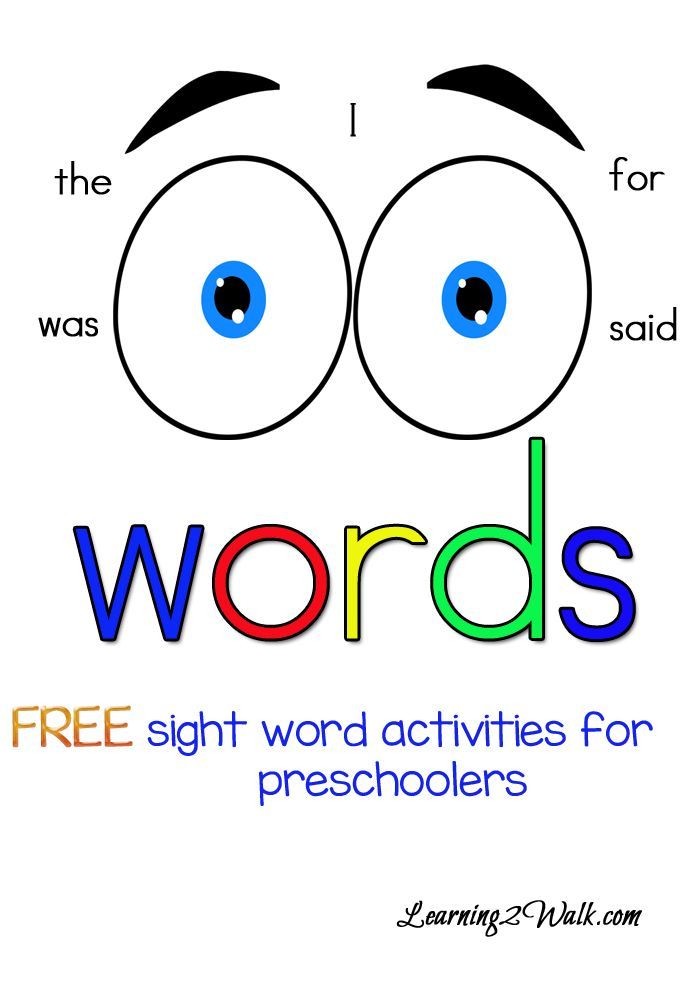
Starfall Sight Words
Though I’ve already included a Memory Sight Word game, who doesn’t love Starfall? In this sight word game, the students need to determine if it is the same sight word by sight alone as it is not read until the match is made. But I love that they have three stars in the upper left corner to show their progress to the next level.
Once the student completes the game, they can move on to Level 2, where the sight words are slightly more difficult. The students love moving up a level to show their achievement!
My Reading Tools
In My Reading Tools, students see a kangaroo get several tools to become a better reader. The first tool is a flashlight. He uses it to highlight words in a dark cave.
This game is more challenging than the rest because students are asked to finish the sentence with the word spelled correctly. The computer reads the sentence. Then students hover their flashlight around the cave to find the word. 🔦
In this example, I was looking for the word “again.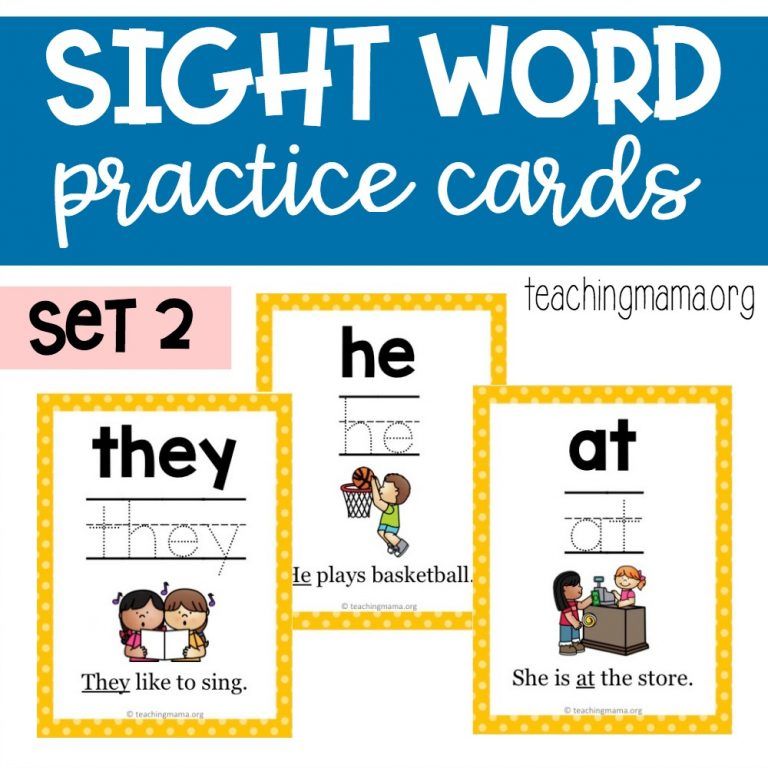 ” The other options in the cave were misspelled words “agin,” “agane,” etc. This game is perfect for students who are confidently reading many sight words and are ready for a challenge!
” The other options in the cave were misspelled words “agin,” “agane,” etc. This game is perfect for students who are confidently reading many sight words and are ready for a challenge!
These 10 online games to teach sight words are perfect for giving students extra practice and lots of repetition during centers in my classroom. Did I miss any of your favorites? How do you like to practice sight words? Let me know below! 👇
Digital Sight Word Lessons with Practice
Are you looking for digital ways to teach sight words?
I mean, what’s the point of practicing a word (even with the fun and free sight word games shared above) if a student has not explicitly been taught a sight word? 🤔
For this very reason, I’ve created 150 sight word lessons with practice.
These Google Slides lesson and practice can be used with any free Google accounts and are so easy to assign in Google Classroom!
As you assign words to your students one at a time, they will learn, identify, build, read in context, and master the new sight word.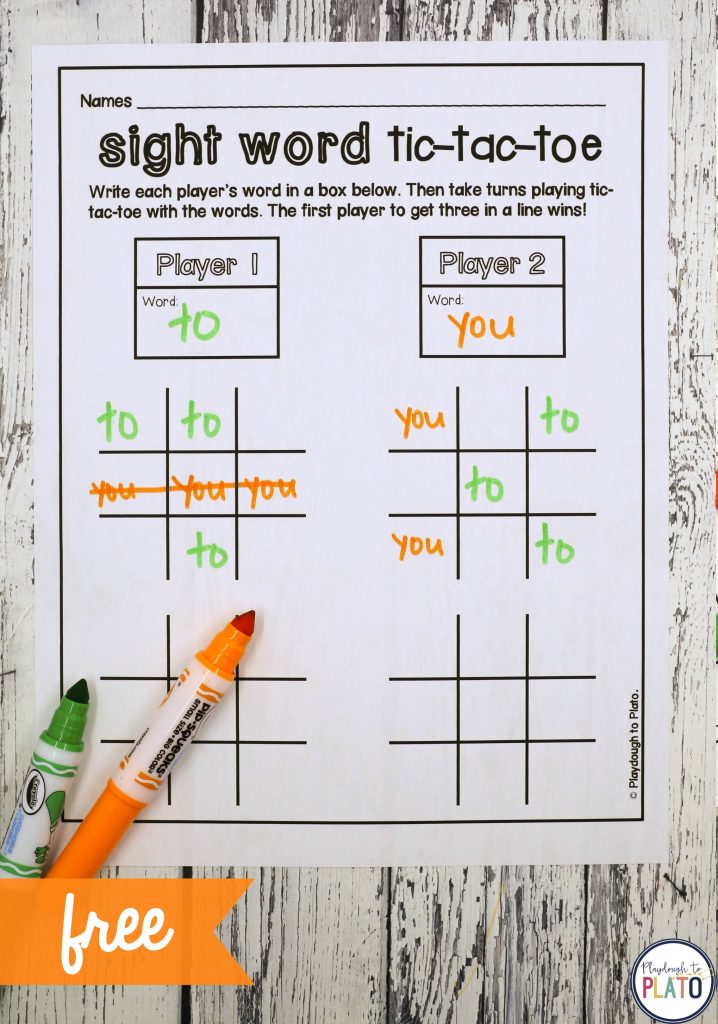 It’s explicit instruction and practice, all in one.
It’s explicit instruction and practice, all in one.
Don’t just take my word for it, watch the lesson in action in the video below. 👇🏽
While the lessons DO have audio, this preview video does not. 🎧 Students can have the words and sentences read to them, if needed.
You can purchase the 150 Digital Sight Word Lessons and Practice (for use with Google Slides™️ on my website or TpT.
Click HERE to buy on Teachers Pay Teachers
Click on the button below to purchase on my website (where you get lifetime access)!
Sight Words Distance Learning | Digital Sight Word Lessons | Homeschool
$25.00
Are you looking for the perfect way to teach new sight words and review old sight words while distance learning? You NEED this resource.
Digital sight word activities can be fun, but what good are they if students haven’t learned the sight word yet? Should they practice something that they haven’t learned about yet?
Enter: Digital Sight Words Learn and Practice! This 100% digital sight word resource is every sight word teacher’s dream! Yes, that you includes you, homeschool parents!
Each sight word activity (there are 100 words included!) guides students through learning the word, reading the word, identifying the word, building/spelling the word, and using the word.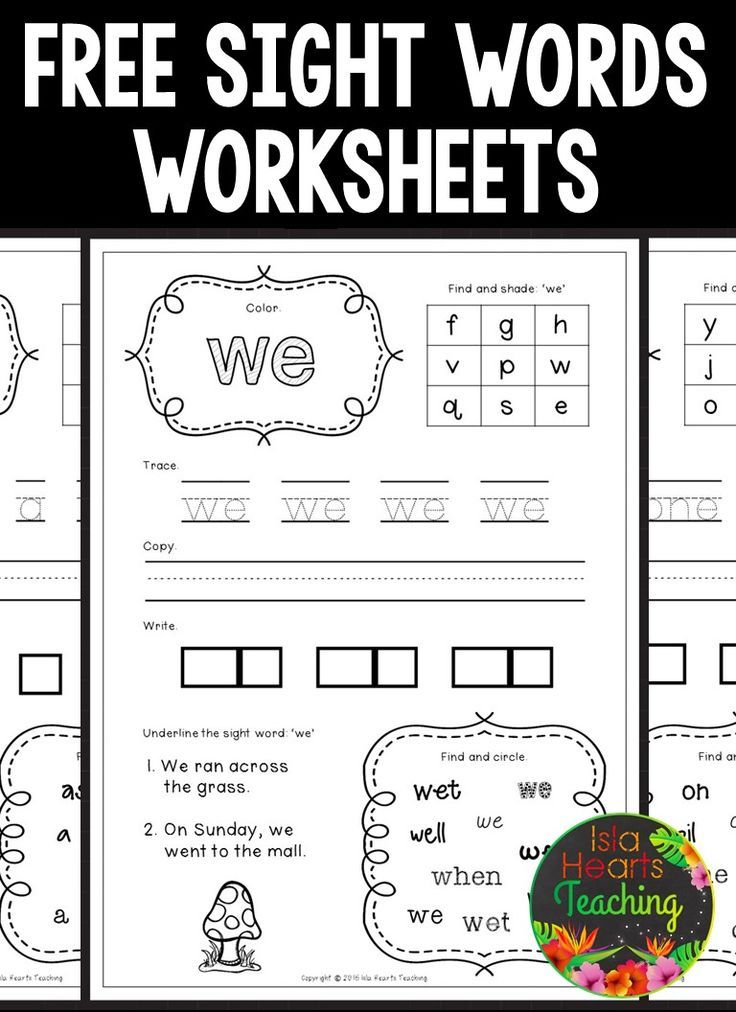
Buy Now
This is such a fabulous digital sight word program and SO well-made!!!! Very creative…love the stickers they can give themselves at the end! -Lacy S.
50 Hands-On Spelling Activities {for Phonics and Sight Words}
Has your spelling practice become dry or boring? Well, brush off the dust and try some of these hands-on spelling activities!
Since readers need to have BOTH phonics and sight words understanding to become good readers, focusing on both phonics AND sight words during spelling instruction is a great way to help words “stick” in a child’s memory.
When words are taken out of the context of a book and their patterns, letters, and parts are studied, it forces readers to slow down and really take it all the word has to offer them. This, in turn, helps them become better readers.
So today, I’d like to share 50 of my favorite hands-on spelling activities for phonics and sight words. Many of these are included in the back of my ebook, Teaching Kids to Spell.
Many of these are included in the back of my ebook, Teaching Kids to Spell.
Did you know you can find 700+ pages of printable spelling activities and games in my ebook? Yes! That’s enough to cover an entire year of spelling fun!
50 Hands-on Spelling Activities
Most all of these activities can be adapted for either phonics OR sight words. You can also insert your child’s spelling list into the activity instead of using the specific words shown in the post.
1. Scoop & Spell {This Reading Mama}
2. Sidewalk Chalk Spelling Hop {Relentlessly Fun, Deceptively Educational}
3. Stamp Your Words {Lessons Learnt Journal}
4. Go on a Word Treasure Hunt {Hands On: As we Grow}
5. Make a Spelling Word Search Puzzle {This Reading Mama}
6. Use a Spelling Dictionary {The Measured Mom}
7. Dot Sticker Spelling {School Time Snippets}
8. Post-a-Word {This Reading Mama}
9.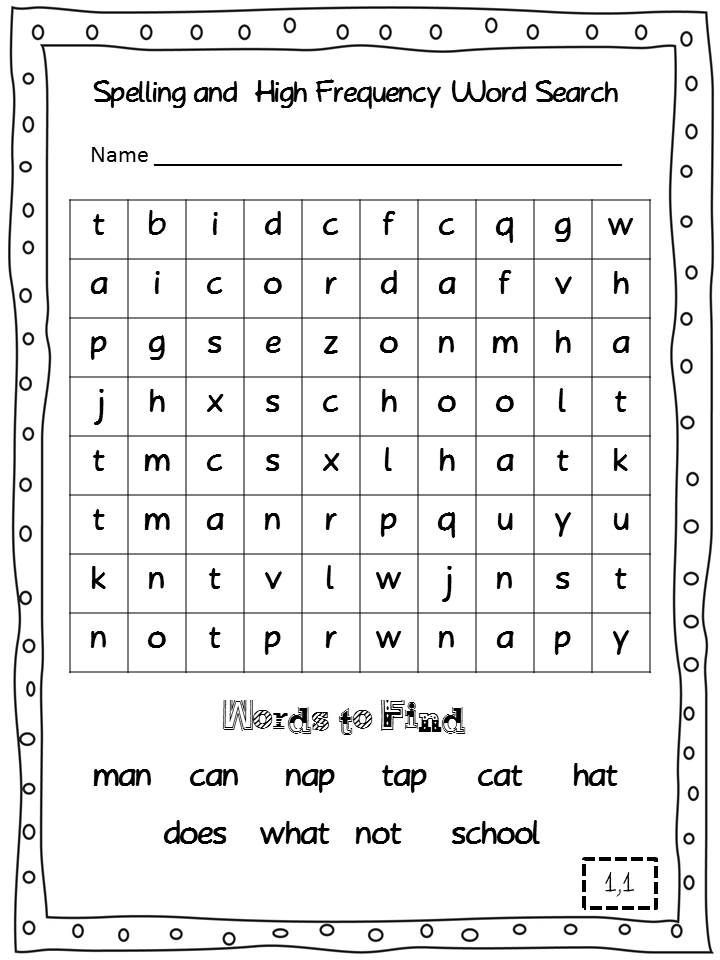 Make a Giant Crossword Puzzle {A Mom with a Lesson Plan}
Make a Giant Crossword Puzzle {A Mom with a Lesson Plan}
10. Phonics Jumping Game {Learners in Bloom}
11. Play Word Rocket {Playdough to Plato}
12. Spell with Beads {Frugal Fun 4 Boys}
13. Spell with LEGO Letters {This Reading Mama}
14. Spell the Most Words Game {No Time for Flashcards}
15. Spinning Straw Spellers {Still Playing School}
16. Build Words with Rocks {Sugar Ants}
17. Glitter Spelling {Here Come the Girls}
18. Play Word Bump! {This Reading Mama}
19. Roll a Sight Word {I Can Teach My Child}
20. Making Words {Buggy and Buddy}
21. Paint your Words {Childhood 101}
22. Oversized Letter Cards for Spelling {This Reading Mama}
23. Seek and Find Spelling Game {What Do We Do All Day?}
24. Rainbow Write Your Words {Nurture Store}
25. Words 3 Ways {Teach Mama}
26. Use Crayon Resist {This Reading Mama}
27. Spell with Pipe Cleaners {Make and Takes}
28.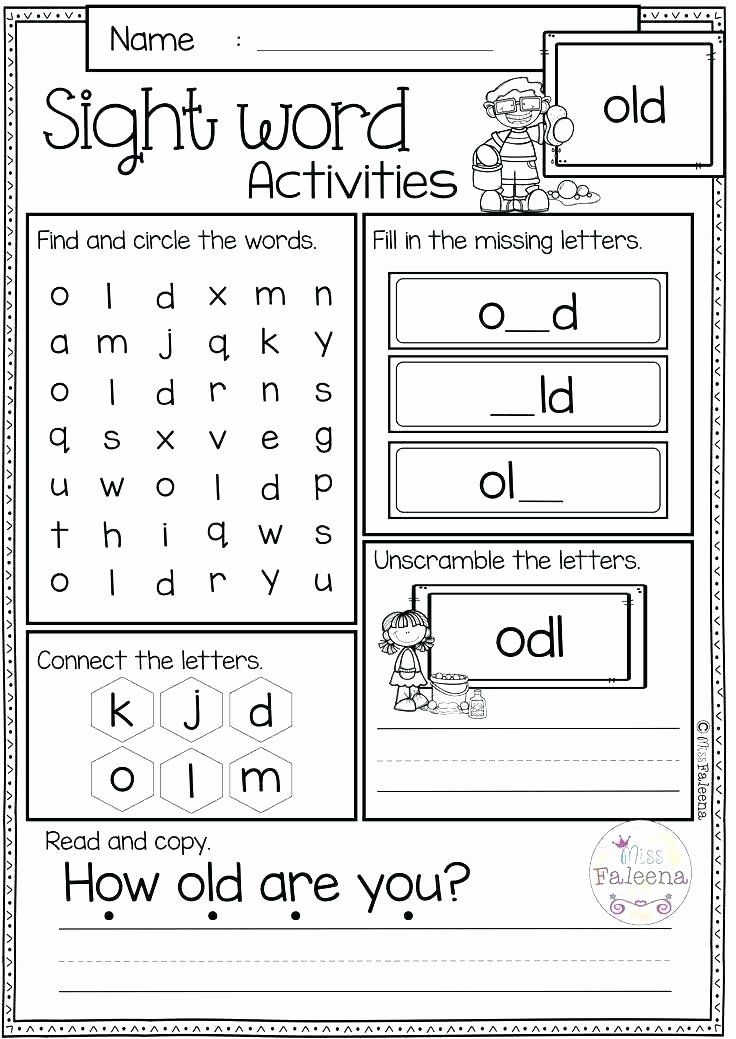 Spell with Your Fingers {Home School Innovation}
Spell with Your Fingers {Home School Innovation}
29. Use Word Sorts {This Reading Mama}
30. Spell with Cereal {A Mom with a Lesson Plan}
31. Finger Tap Spelling {This Reading Mama}
32. Car Track Delivery Spelling Game {Stay at Home Educator}
33. Make a Chalkboard Refrigerator Game {Enchanted Homeschooling Mom}
34. Visual Spelling Practice {Home Literacy Blueprint}
Roll & Cover Game
35. Roll & Cover Spelling Words {This Reading Mama}
36. Make a Spelling Garage {123 Homeschool 4 Me}
37. Roll and Spell {Well-Nurtured Plants and Pillars}
38. Letter Lacing {Mama Miss}
39. Roll & Write Words {This Reading Mama}
40. Spelling Hangman {Mom to 2 Posh Lil Divas}
41. Waffle Words Spelling Game {The Homeschool Post}
42. Use a Board Game {Teach Beside Me}
43. Spell with a Word Family Dictionary {guest post on The Measured Mom}
44. Play a Word Stretching Game {The Pleasantest Thing}
45.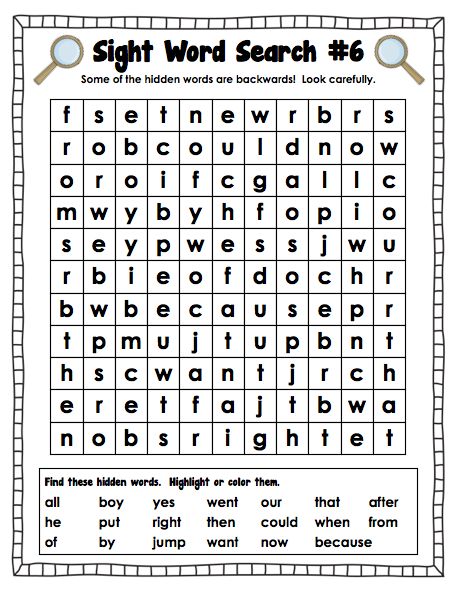 DIY Spelling Word Puzzles {This Reading Mama}
DIY Spelling Word Puzzles {This Reading Mama}
45. Allow Invented Spelling {1+1+1=1}
46. Spelling Puzzles {No Time for Flash Cards}
47. Missing Letter Spelling Game {Imagination Soup}
48. Ride to Spell {This Reading Mama}
49. Spelling Battleship {Relentlessly Fun, Deceptively Educational}
50. Clip a Word {Sugar Ants}
51. Bottle Cap Spelling {This Reading Mama}
More Spelling Activities and Resources:
- Short Vowel Word Study
Go digital with spelling! Read all about my educational apps or purchase them on iTunes or Google Play!
All About Spelling is a fantastic spelling program using the Orton-Gillingham methods. Hands-on work is a big part of All About Spelling!
Using Words Their Way to Teach Spelling
5 Things Struggling Spellers Need
Enjoy teaching!
~Becky
Want MORE Free Teaching Resources?
Join thousands of other subscribers to get hands-on activities and printables delivered right to your inbox!
90,000 spelling games in English lessons- “Best”
- “Letters scattered”
- “Camera”
- “Words with a specific letter”
- “Word formation”
- “Add consonants”
- “Anagrams”
- "Who is bigger?"
- Insert Letter
- Philwords
- Coder
- Alphabet
- Honeycomb
- Four Words 9003 Ladder
- In conclusion
In order to diversify the usual English classes and defuse the working environment in the classroom, teachers are recommended to play games: spelling, lexical, grammar.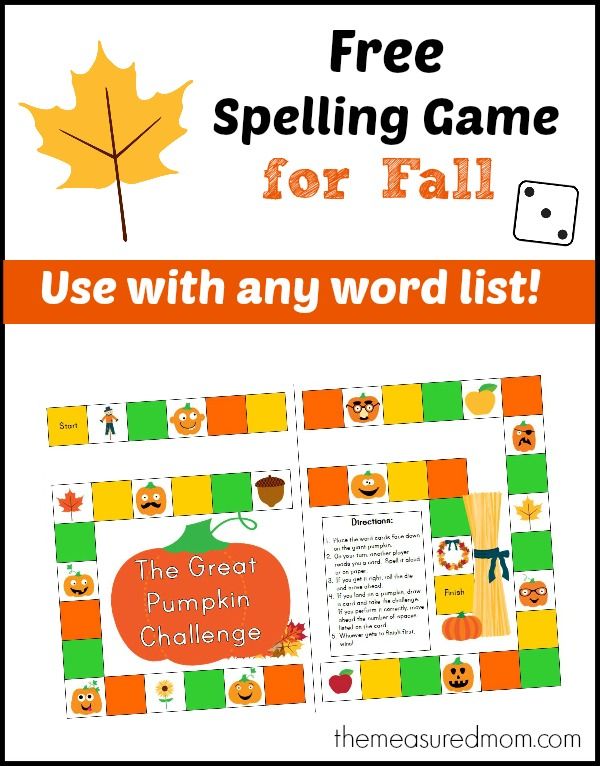 These games are based on the fact that students in a playful way can work out the material covered on the topic of the lesson. In this article, we will look at examples of games for mastering English spelling. You yourself can change the lexical content and the rules of the games depending on the level of knowledge of students and the topic of the lesson.
These games are based on the fact that students in a playful way can work out the material covered on the topic of the lesson. In this article, we will look at examples of games for mastering English spelling. You yourself can change the lexical content and the rules of the games depending on the level of knowledge of students and the topic of the lesson.
"Best"
The teacher divides the class into several teams with the same number of participants. If the study room is small, then it is best to divide the students into two groups, the participants of which are built in columns one at a time. The teacher acts as a leader. At the command "Start!" the host begins to dictate words on the topic covered. The task of the students is to run up to the blackboard with chalk in their hands and write the named word. And so on the relay. The team that completes the fastest and makes the fewest spelling mistakes wins.
“The letters fell apart”
The game can be played both in teams and in the form of individual competitions.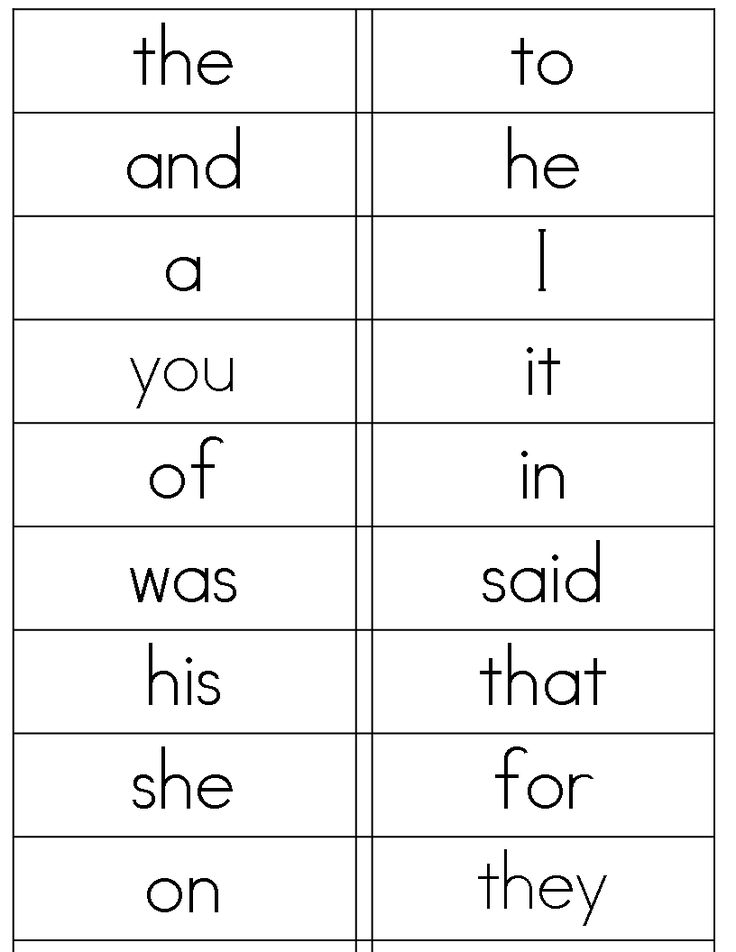 For this spelling game, the teacher has to prepare flashcards with letters that will be assembled into words. Each team is given the same number of words. On the command "Start", the players collect words from letters and translate them. The team that can do it faster and correctly translate the words wins.
For this spelling game, the teacher has to prepare flashcards with letters that will be assembled into words. Each team is given the same number of words. On the command "Start", the players collect words from letters and translate them. The team that can do it faster and correctly translate the words wins.
Example:
- ontaunim → Mountain → Mount
- Baorwni → Rainbow → Rainbow
- EWRTA → Water → Water
“Family”
for this game should carefully words and memorize their spelling. At the end of time, everyone closes textbooks and notebooks. The teacher calls one student to the board and calls the word that he must write. If someone notices a mistake in a word, then he goes to the blackboard and writes down the correct version of the word.
"Words with a certain letter"
The facilitator asks the players to look at a list of words, after which he calls any letter from the alphabet.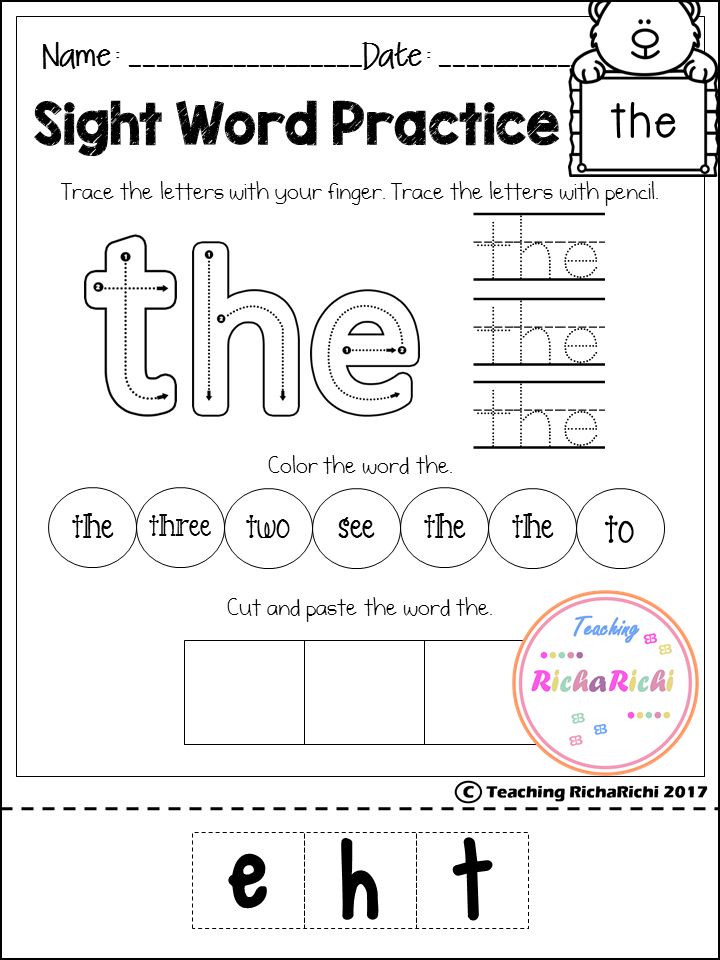 The task of the students is to find as many words as possible with the named letter. The one who finds the most words wins.
The task of the students is to find as many words as possible with the named letter. The one who finds the most words wins.
Example:
letter W → Wake , Wait , Walk , Wall , WANT WAR , WARM , , , , , , , , , , , , , , , 0052 watch , water , wave and so on.
"Word formation"
The game can be played both in the form of individual competitions and in teams. The teacher writes a long word on the board and asks the students to make words from its letters in a certain amount of time. The player with the most words wins.
"Add consonants"
The game can be played both as a team competition and as an individual competition. The teacher writes vowels or a combination of them on the board. The task of the players is to add consonants and get the maximum number of possible words.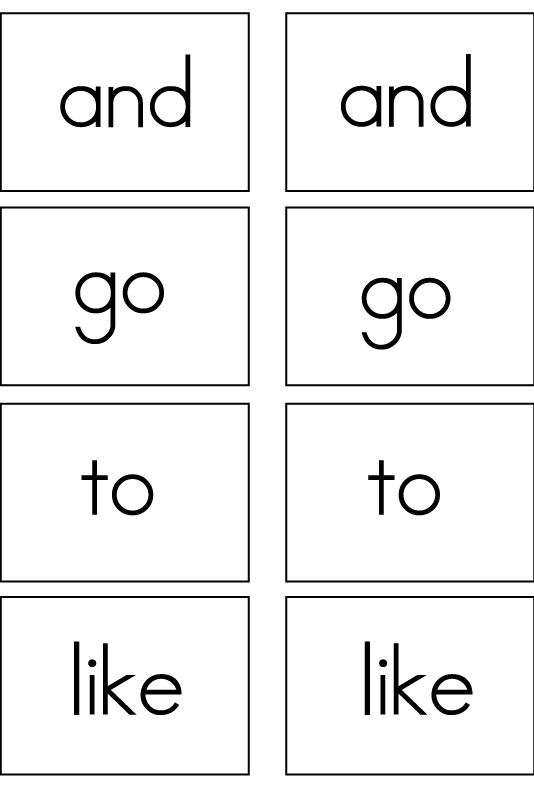 The team that finds all the variations of the words and also translates them wins.
The team that finds all the variations of the words and also translates them wins.
Example:
words containing "EA" - tea, area, beat, east, easy, head, real, clean, cream, earth, scream and so on.
"Anagrams"
The facilitator distributes cards with words to the players. From them, students must make new words, changing only the order of the letters in them. The students write the resulting variations on the board along with their translation.
Example:
- thing - night (Night),
- Late (Late) - Tale (story),
- DOG (dog) - GOD (God),
- Miles (miles) - Limes ( limes),
- lamp (lamp) - palm (palm tree),
- listen (listen) - silent (quiet).
"Who is more?"
The game is played between two teams. At the command "Start!" Students write on the board as many words as possible from certain sections.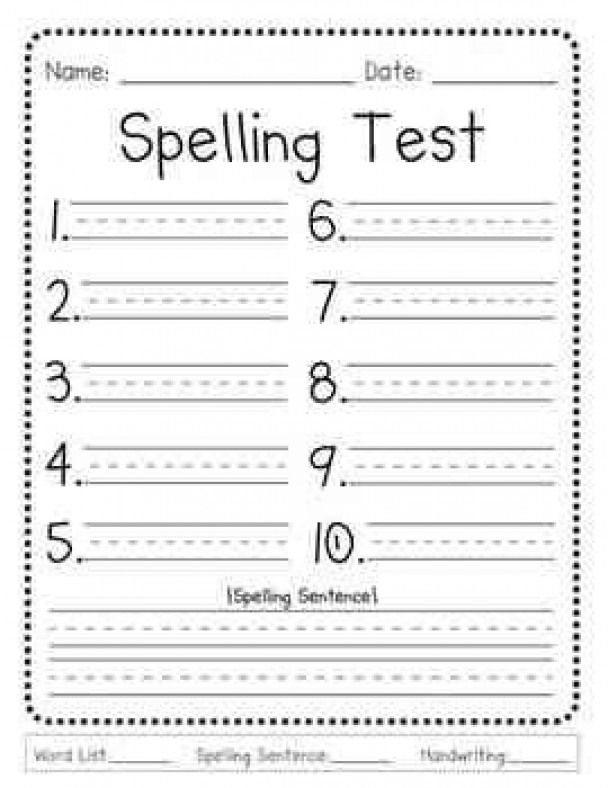 For example: fruits, vegetables, furniture, sports games, months of the year and so on.
For example: fruits, vegetables, furniture, sports games, months of the year and so on.
Example:
fruit → apple, avocado, apricot, banana, pineapple, pear, orange, plum, kiwi, lime, lemon, mango, melon, watermelon .
“Insert a letter”
The teacher writes down words with missing letters on the blackboard, and the students, in turn, must fill in these gaps with the missing letters. The task can be complicated by the fact that the presenter will offer whole sentences from words with missing letters. Students must fill in the gaps and translate the resulting sentence.
Example:
- d*ll - dall,
- k*te - kite,
- t*ddy - teddy,
- b*ll - ball9,
- bl*ck0 - black *in - train.
"Philwords"
The host gives the players printouts with tables, in the cells of which there are letters, from which it is required to find and circle words on a certain topic and translate them.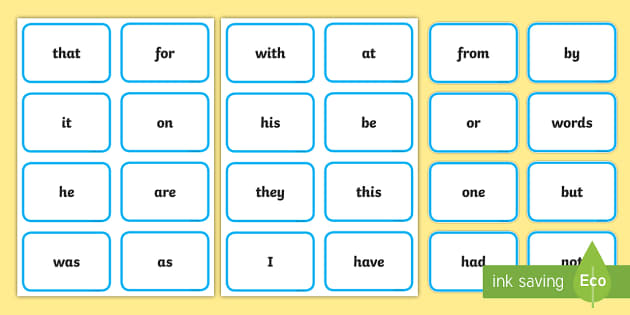 The one who finds all the words the fastest wins.
The one who finds all the words the fastest wins.
Example:
find words on the topic "Desserts": chocolate - chocolate, icecream - ice cream, jam - jam, sweets - sweets, fruits - fruits, cake - cake.
| H | C | I | C | E | C |
| O | S | R | U | I | R |
| O | W | F | C | T | E |
| O | E | S | A | S | A |
| L | E | T | K | E | m |
| A | T | E | G | A | M |
“CHIPHER”
The teacher distributes the spacing in the texts. Pictures are shown instead.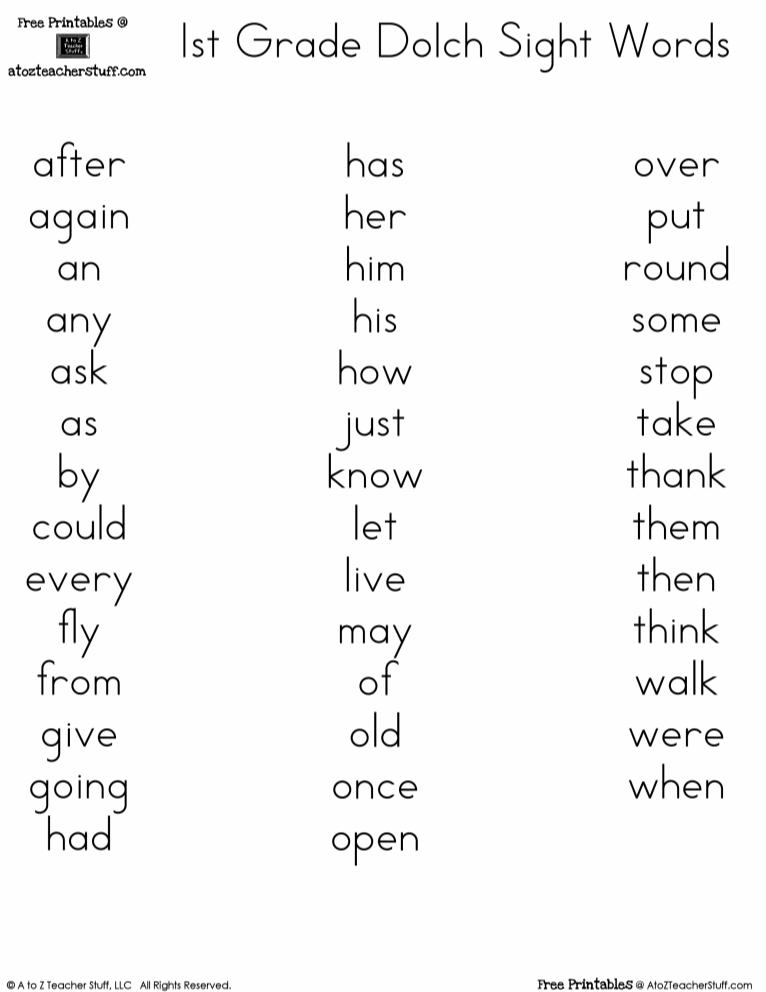 Students need to replace the pictures with words and write them on the board. During this time, the rest of the class checks the spelling.
Students need to replace the pictures with words and write them on the board. During this time, the rest of the class checks the spelling.
Alphabet
The class is divided into two teams of players and stands away from the board. The facilitator distributes to each team one set of letters of the alphabet. When the teacher pronounces any word, the students with the corresponding letters from it run to the blackboard and make up this word. The team that made it first gets the number of points according to the number of letters in the word.
Honeycombs
Players are divided into two or three teams. Depending on the number of teams on the board, the same long word is written two or three times. The participants of each team one by one run up to the board and write down one word vertically, which begins with a letter from the given word. For each correctly spelled word, the team receives one point. An additional three points are awarded to the team that completed the task first.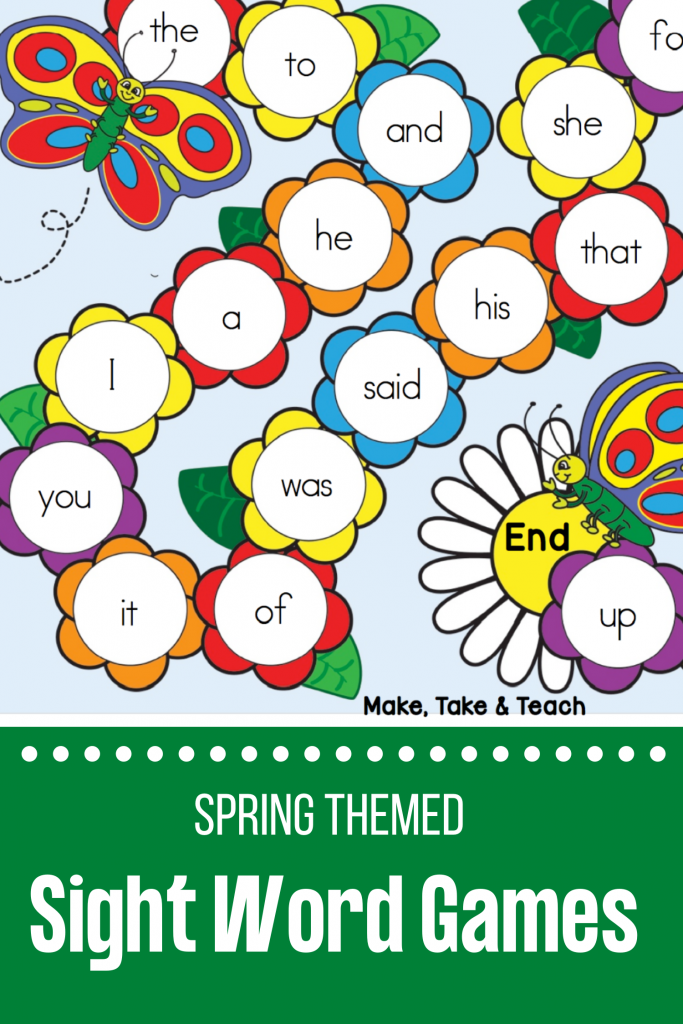
Example:
Word LAKE
L → letter, lamp, life, lunch.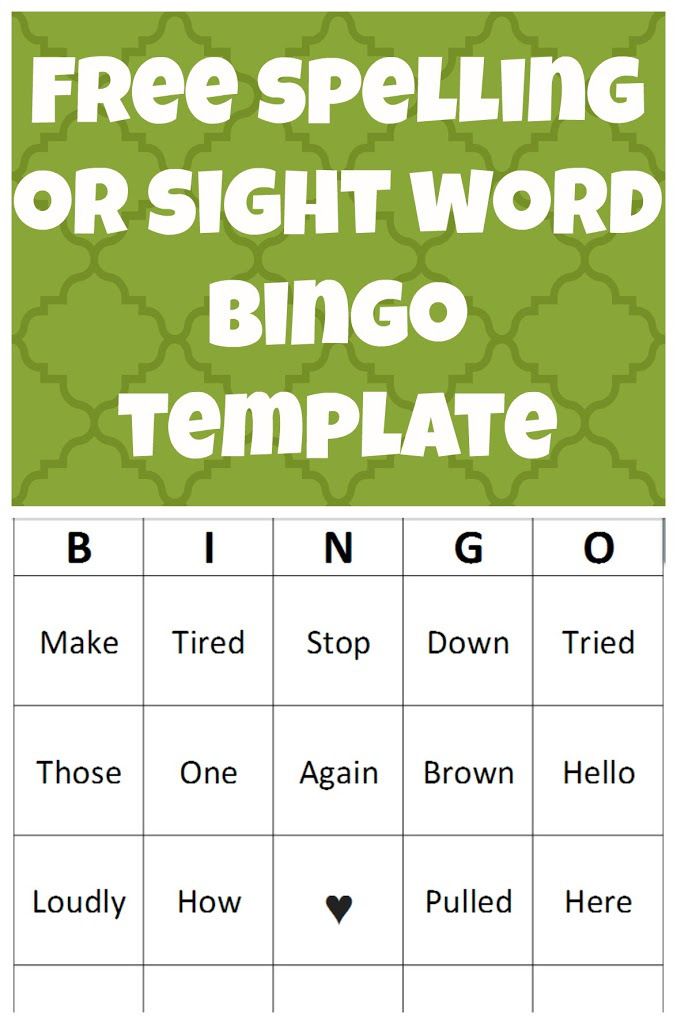
A → act, advance, afternoon, apple.
K → kingdom, key, kitchen, kid.
E → education, egg, electric, eye.
Ladder
Relay students must build a ladder of words on the board. To do this, each player must write down a word that begins with the last letter of the previous word. Points are awarded for each letter in a word, which motivates students to come up with longer words. The team with the most points wins.
And in order to learn new teaching methods and improve your skills, you can take online courses TEFL / TESOL , which at the time of publication of the article are available with a 50% discount. Details on the main page.
Comments for the site Cackl e
Spelling games | Educational and methodological material on the Russian language on the topic:
SPELLING GAMES.
1.Check Dunno.
Dunno played with words, making one word out of two. Check if it's correct
made words?
Paul+Osa = stripes
Kol+Osa = colosses
OIL+Wasp-wolves
Tooth+B+I = teeth
Oak+I = Dubya
2. Who will correct errors faster. (Subject: Capital letter)
The cards have misspelled text.
Task: Find and correct all capitalization errors as quickly as possible.
3. Read the offer. (Topic: Case endings.)
Cards are made from an album sheet, on which sentences are written, but instead of nouns, the corresponding figures are placed.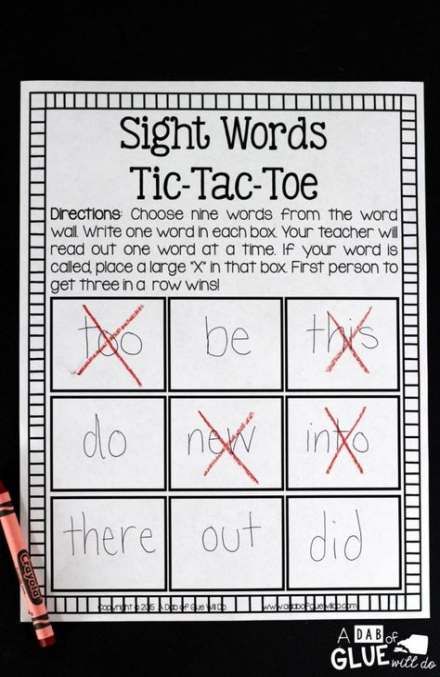
Assignment: while reading a sentence, students name nouns in the corresponding case from the pictures, choosing the correct ending.
4. "Choose three words" (The game is used to consolidate any topics in the Russian language)
Purpose: To follow the formation of spelling skills, taking into account the stage of work on spelling.
The choice of words depends on the topics studied or covered.
Nine words are written on 9 cards:
1st set: fish, blizzard, stocking, oaks, jam, scarecrow, streams, plague, mushroom.
2nd set: entrance, warehouse, crow, hail, filming, treasure, gate, rise, sparrow.
Two people take cards in turn, the winner is the one who first has three words with the same spelling.
| I | fish | chum | rise | treasure | sparrow | 9031 The game "Postman" Purpose: To consolidate students' knowledge of selecting a test word, expand vocabulary, develop phonemic hearing. Move: The postman distributes invitations to a group of children (4-5 people each). Children determine where they are invited.
Tasks: Explain spellings by choosing test words. 6. Game "Ball" Didactic task: Repeat the formulation of clarifying questions and case endings. Game task: Help the proposals to get to the Ball. Contents of the game: In the kingdom of Grammar today is a Ball. There were many proposals for it. But the sentry will not let them into the palace until each noun from those who have appeared has its conjugation indicated. Help the proposals get to the Ball. What questions does the clock noun ask? Materials: A table is drawn on the board, the halves of which are separated by a sentry. Cherry blossoms in May Mother gave her son a book Swallows return from Africa Hare feeds on tree bark Sister came to her brother Sasha wrote a letter Fox hid behind a bush, etc. H a s o v o y In (what?) May blooms (what?) bird cherry. etc. 7. Game "Find the ending" Didactic task: Repeat the case endings of nouns. Game task: Find the endings of some words in sayings. Contents of the game: “The ending is a very variable, moving part of a word. She can easily get lost. Find the lost endings for these proverbs.” Materials: Cards
Without a primer and grammar ... they do not study mathematics either ... 8. The game "Nicknames" Purpose: formation of the process of inflection and word formation, consolidation of phonetic and grammatical analysis of words, spelling of proper names. Move: Form animal names from the following words: BALL, ARROW, EAGLE, RED, STAR Write sentences. BALL, ARROW, EAGLE, GINGER, STAR Highlight the part of the word that you used when composing nicknames (suffix, ending). 9. Team chain game
Didactic task: Complete the appropriate nouns in the accusative case. Game objective: Make the chain as long as possible. Contents of the game and Materials:
10. The game "Hard - soft" Purpose: to create conditions for repeating the spelling of hard and soft signs. Students are divided into two teams. One team is called “Stone”, the other is called “Water”. The “Stone” team gets up if I read a word with a hard sign, if I read a word with a soft sign, the “Water” team gets up. Words: congress, drive in, blizzard, pours, entrance, pour, announcement, stakes, skids, detour, ears of corn, drink, filming, etc. 11. Game: Be careful. Purpose: to activate memory, attention, vocabulary, based on knowledge of the rules. 12. Game: Slovoznaikin, give me an answer. Purpose: to determine the level of development of children, to develop memory, thinking, speech. He is tall and spotted With a long, long neck, And he eats leaves, Tree leaves (giraffe) 13. Game: Change the letter. Purpose: to intensify the mental activity of students, develop spelling and phonetic vigilance, attentiveness, logical thinking. daughter handle 14. Game: Name one object. Purpose: to develop methods for checking unstressed vowels. 15. Game: Capital letter. An ordinary letter has suddenly grown, The letter In a big letter - 16. Game: Half a minute for a joke. Purpose: to fix the spelling of the capital letter in animal names. |

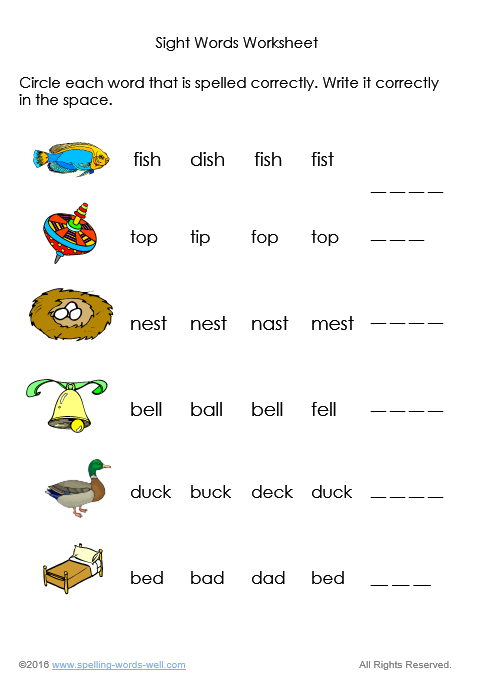
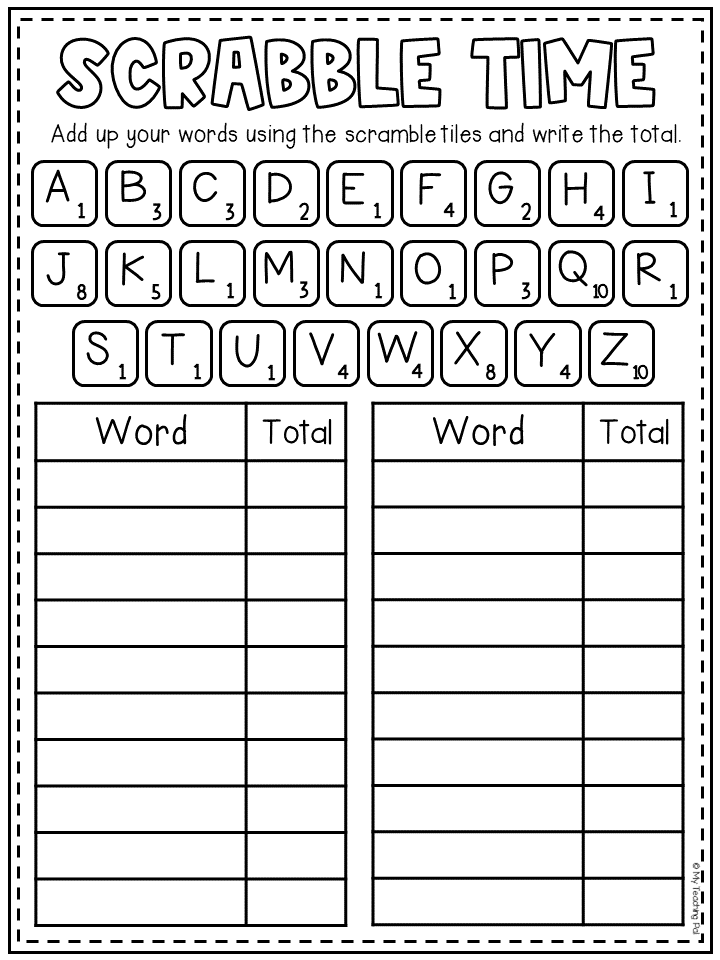 The proposal is analyzed by one student, tips from the class are accepted.
The proposal is analyzed by one student, tips from the class are accepted. 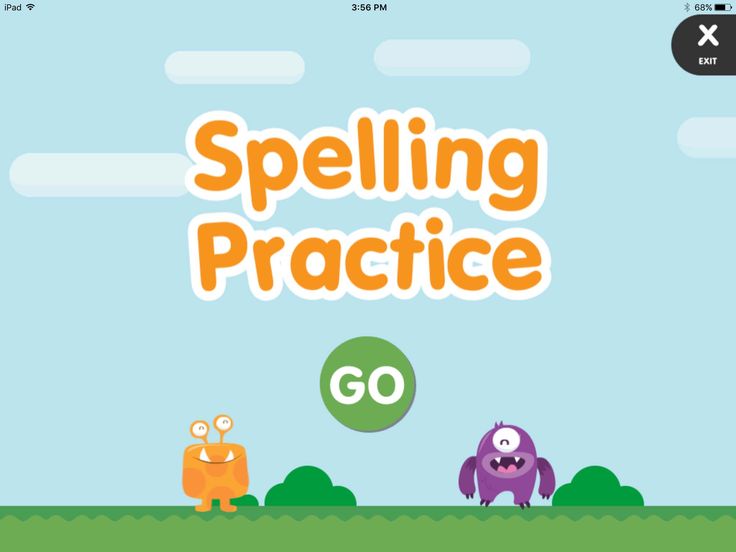
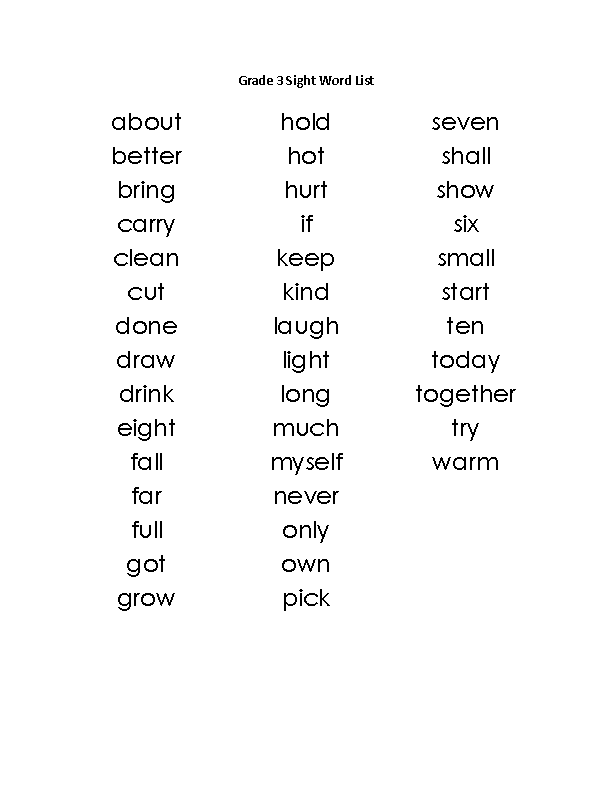
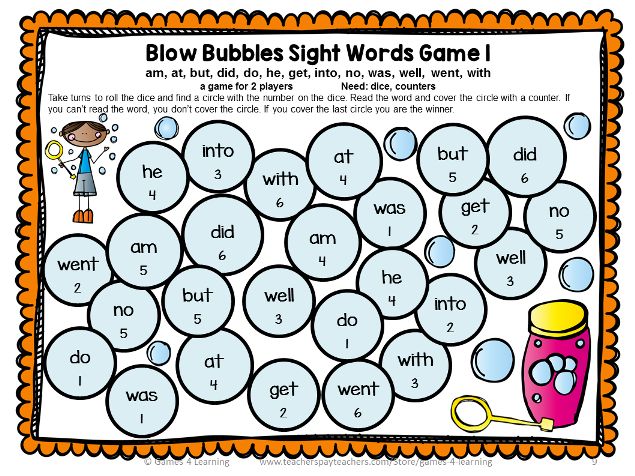
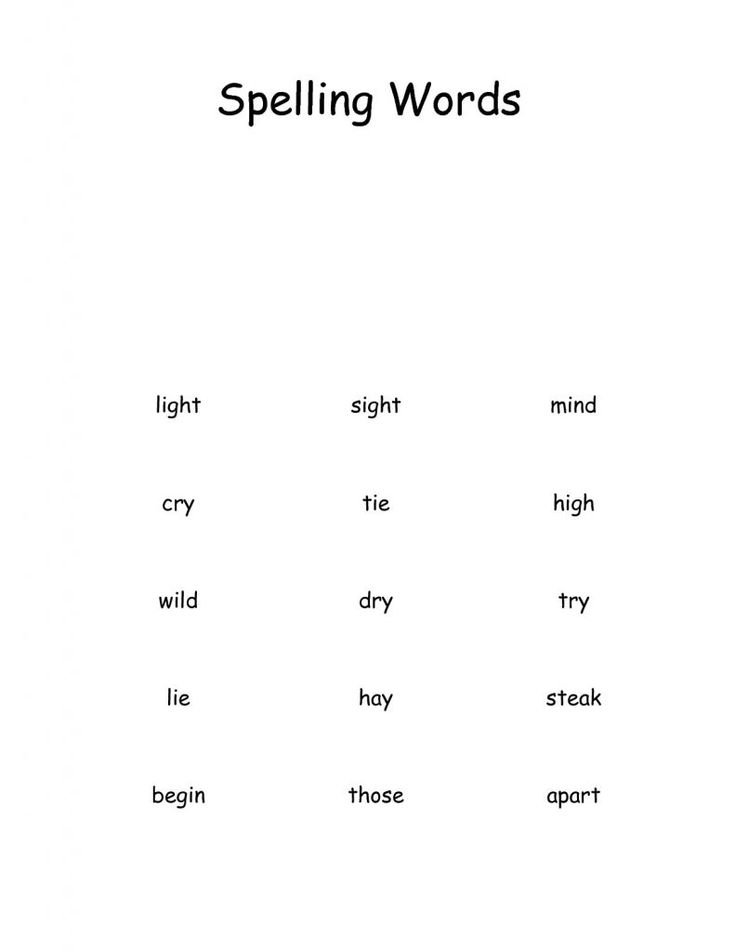
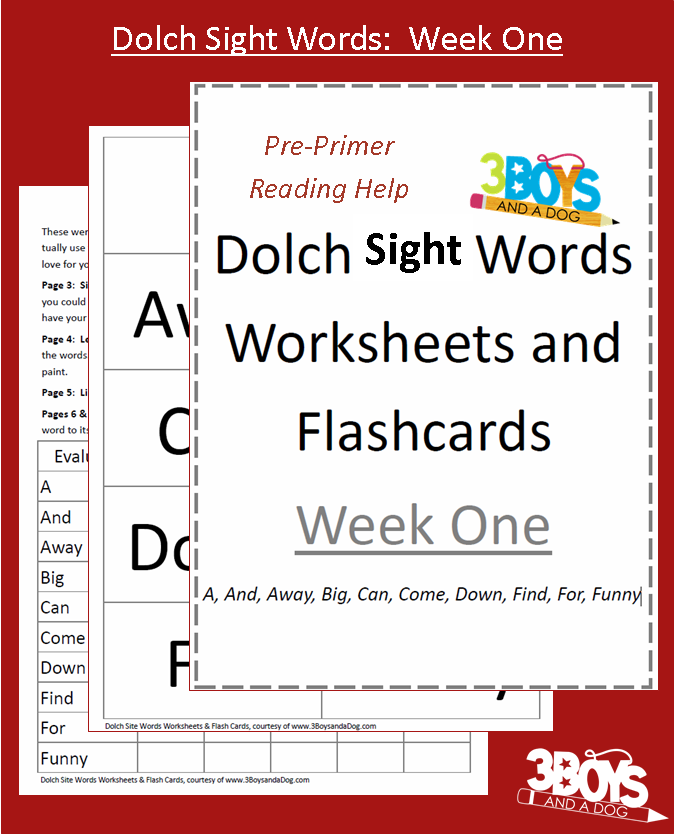 Next, you need to protect each of your answers, that is, explain which rule is fixed. The winner is the one who manages to protect all signal cards.
Next, you need to protect each of your answers, that is, explain which rule is fixed. The winner is the one who manages to protect all signal cards. 